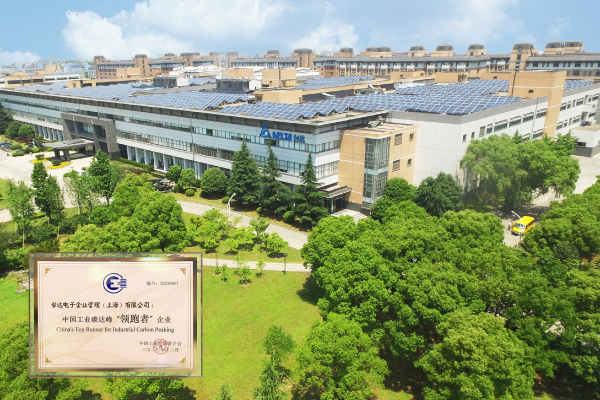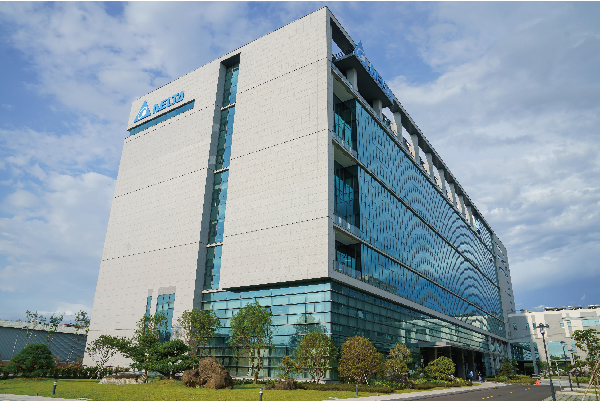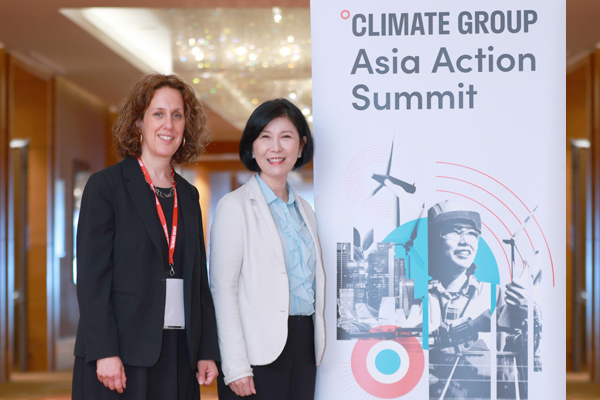Delta upholds the mission: “to provide innovative, clean, and energy-efficient solutions for a better tomorrow”. Since its establishment, it has always taken energy saving as its core value. It knows that if a company wants to achieve its carbon reduction goals, the first step is to start with energy saving. In addition to applying energy-saving technologies to its own carbon reduction, it also considers the carbon emissions caused by the use of sold products, continuously improves the energy efficiency of products, and launches various energy-saving solutions to help global customers save more energy and operating costs. Under the net zero goal, it can also help achieve the carbon reduction of Scope 3 value chain (note 1).
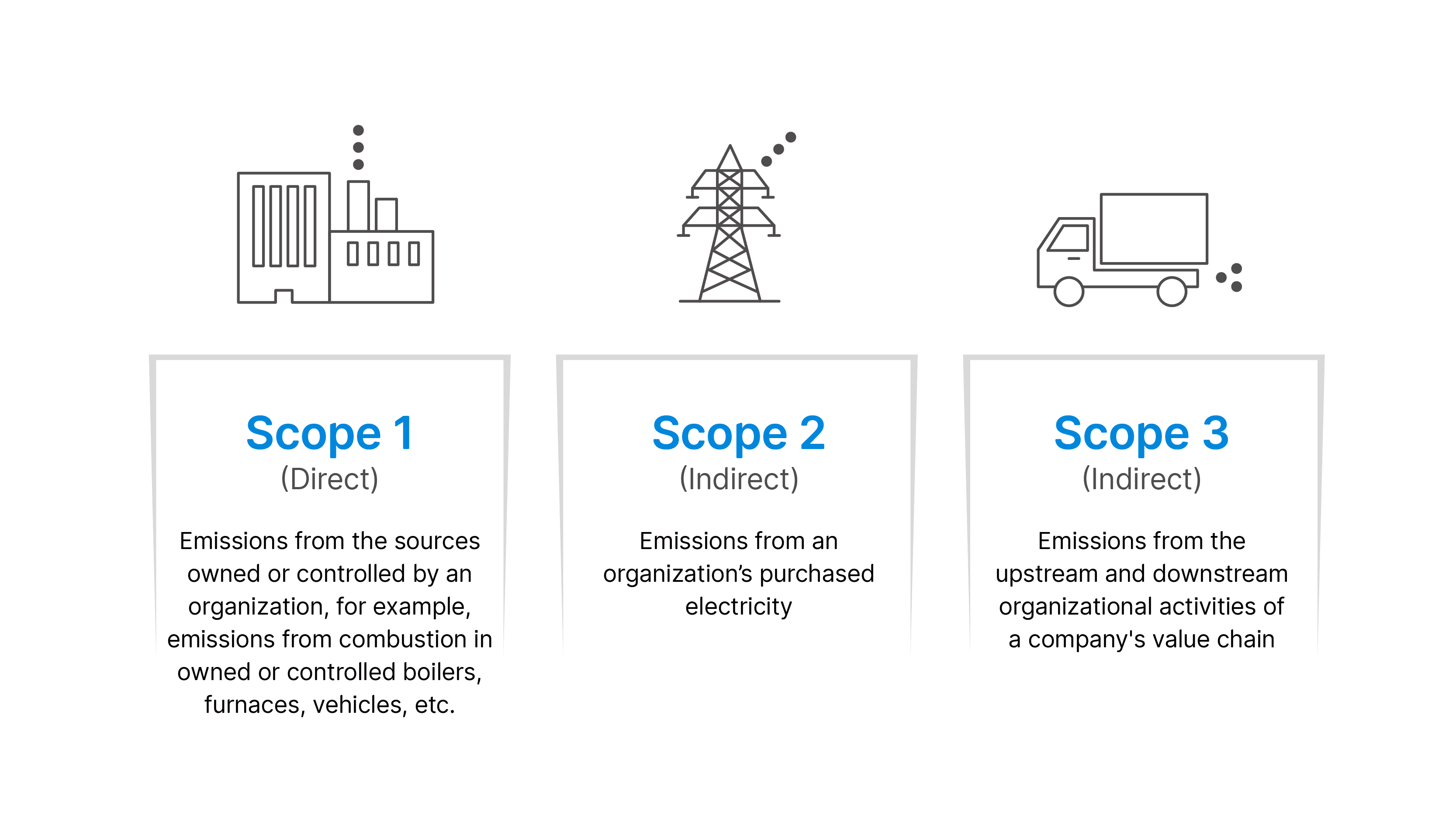
Three scopes of greenhouse gas emissions (Scope 1-3).
Product energy saving calculation introduced ISAE 3000 assurance, public data highlights carbon reduction impact
In order to concretely present the impact of Delta’s energy-saving products and technological innovations on global carbon reduction, the Corporate Sustainability Development has long-term cooperation with multiple business units to establish the calculation method of Delta’s product energy saving, and publishes the latest and cumulative product energy saving and carbon reduction data every year. It also pays attention to the product energy saving regulations trend, refers to the international guidelines, develops suitable calculation methodology, and allows Delta’s business units and more products to join.
This cross-departmental and cross-disciplinary product energy saving calculation is very complex. At the beginning of 2010, the team cooperated with various business units and asked the business units to provide the product energy saving calculation. Initially, it used self-defined hypothetical scenarios and past product energy efficiency data to compare with the product energy efficiency at that time to calculate the energy saving amount. Considering the credibility and fairness of communicating energy saving data to the outside world, the management team required that the data must be confirmed by a third party. Therefore, since 2015, Delta has taken the lead in the industry in Taiwan and introduced ISAE 3000 assurance for product energy saving calculation, in order to further enhance the confidence and recognition of stakeholders in Delta’s energy-saving products.
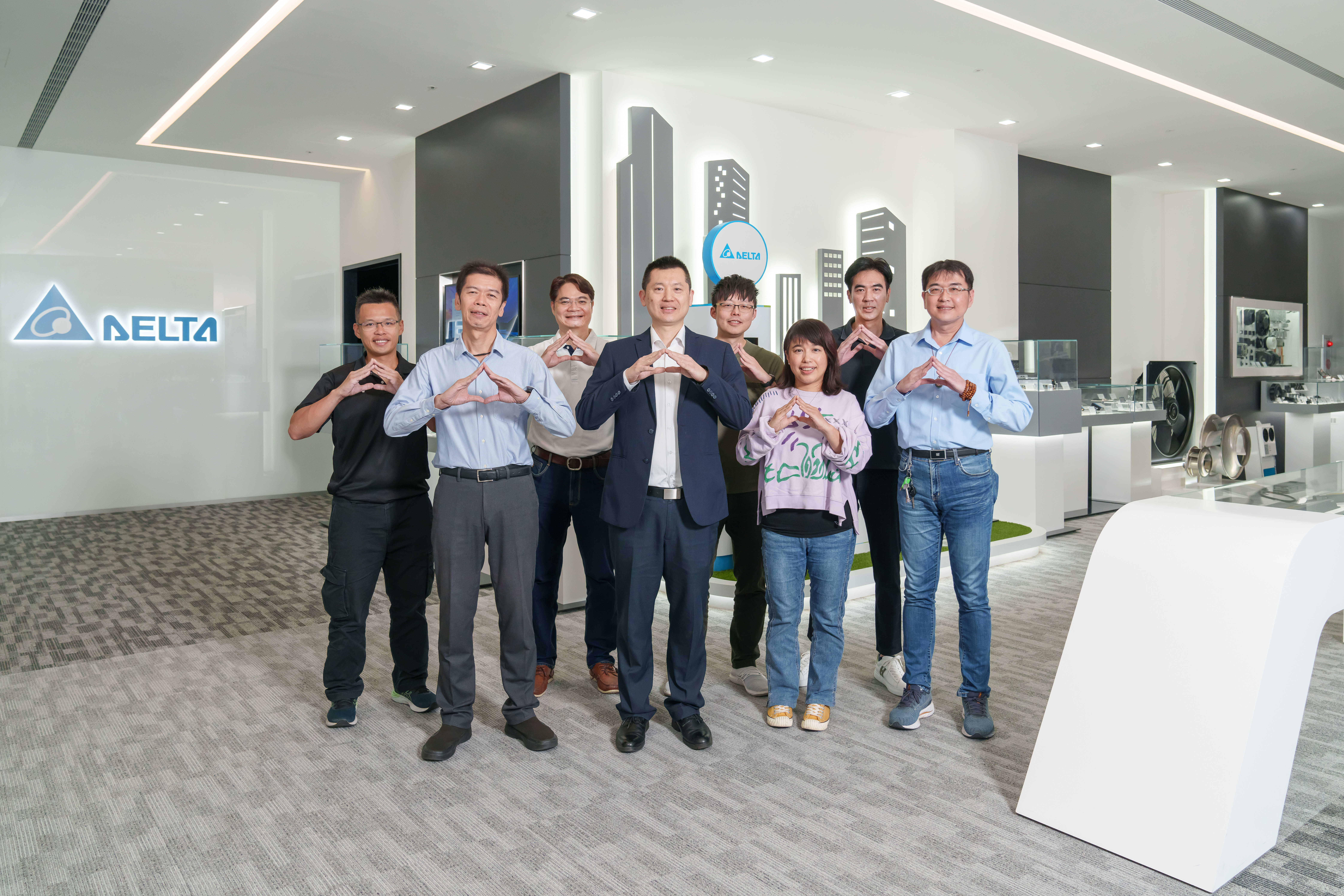
A team from Delta and the Corporate Sustainability Department made a way to calculate how much electricity Delta’s products saved for customers. From 2010 to 2022, it was 39.9 billion kWh. This is almost what Germany uses in a month.
ISAE 3000 is a non-financial digital assurance standard based on financial accounting standards and endorsed by accountants. Its credibility, rigor and accuracy are highly recognized. In 2015, Delta pioneered by introducing ISAE 3000 assurance for product energy saving calculation with electronic ballasts, successfully establishing the calculation methodology that meets the requirements of ISAE 3000. In the following years, it gradually included 11 products such as computer and network power supplies, ventilating fans, LED street lights, AC-DC adapter, PV inverters, electric vehicle DC chargers, LED high bays, uninterruptible power systems (UPS), TV power supplies and LED drivers (note 2).
According to this calculation, from 2010 to 2022, Delta’s high-efficiency energy-saving products have helped customers save up to 39.9 billion kWh of electricity, which is almost equivalent to Germany’s monthly electricity consumption, and reduced carbon emissions by nearly 21.05 million tons.
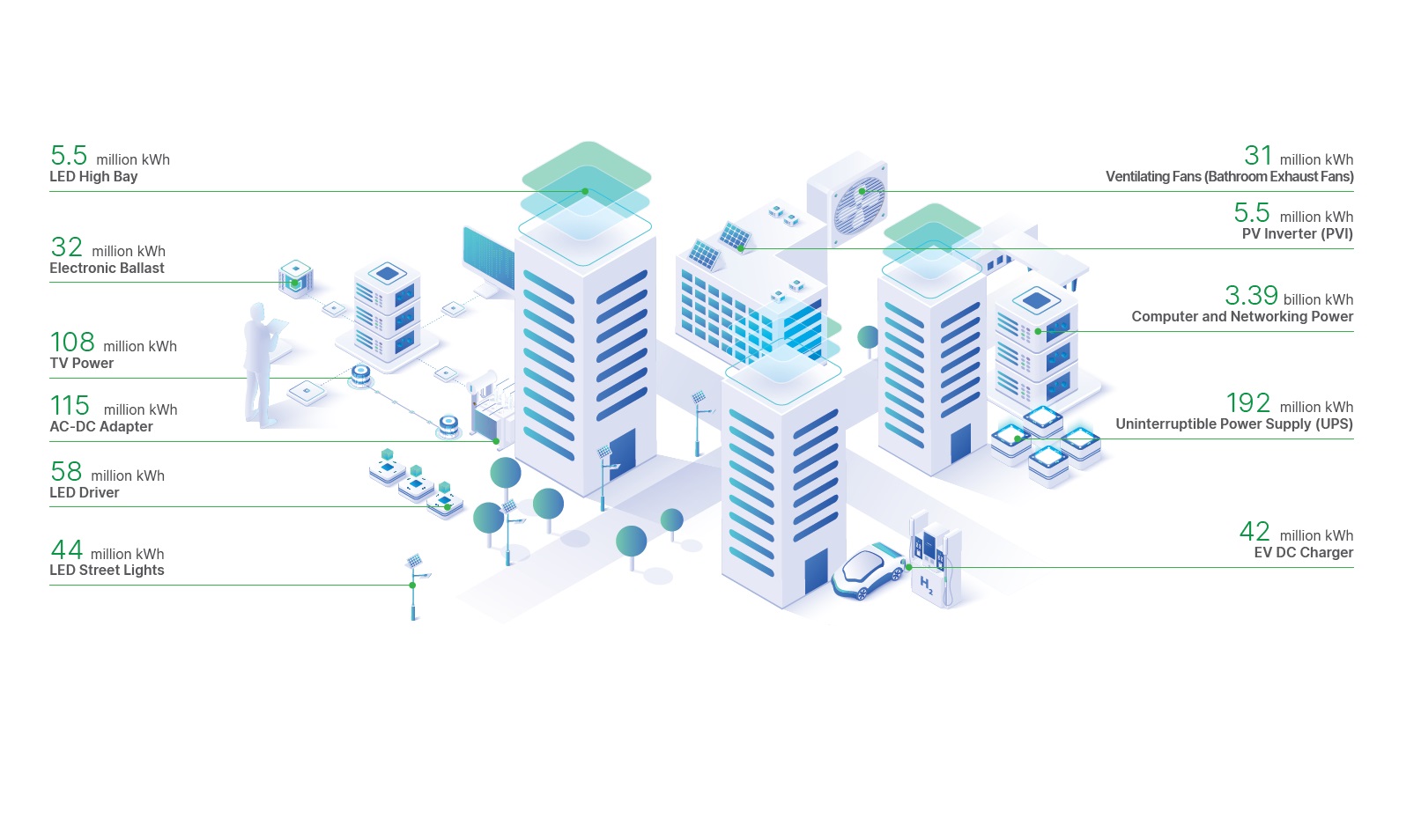
In 2015, Delta pioneered by introducing ISAE 3000 assurance for product energy saving calculation with electronic ballasts, and has included 11 energy-saving products to calculate the electricity saving amount so far.
Overcoming the challenges of methodology, green products with assured energy savings amazed customers
However, achieving this feat was not as easy as imagined. According to the requirements of ISAE 3000, the product energy saving methodology established in the past could not be used. The main reason is that the energy efficiency benchmark and scenario for comparison must have external objective basis, such as: mandatory regulations (such as “EU Eco-design Energy Efficiency Regulations”) and “Taiwan Mercury Street Light Sunset Plan”), voluntary label energy efficiency requirements (such as 80 PLUS, Taiwan Energy Label and US ENERGY STAR), industry energy efficiency standards (such as CHAdeMo standard) and market research reports (such as “ENERGY STAR Market and Industry Scope Report”) etc. With the persistence and input of the teams from various departments, the product energy saving calculation methodology that meets the requirements of ISAE 3000 was gradually developed.
Taking LED street lights as an example, the total energy savings in 2022 exceeded 40 million kWh. The energy saving calculation was based on the “Technical Specifications for LED Street Lights in Taiwan” by the Industrial Technology Research Institute of Taiwan and according to the “Mercury Street Light Sunset Plan” requirement. It is assumed that the end user replaces the original mercury street light with Delta’s LED street light, and then calculates the energy saving amount based on the number of LED street lights shipped to Taiwan in that year. At present, Delta’s smart LED street lights not only have energy saving advantages, but also can integrate traffic transportation security and monitoring solutions, which continuously improve the satisfaction of all parties.
The ventilation fan saved more than 30 million kWh of electricity in 2022. The calculation was based on the scenario of using 1,671 hours per year according to the Japanese Industrial Standard (JIS C 9921-2), and compared with the energy efficiency requirements of the US ENERGY STAR or Taiwan Energy Label. Then, based on the annual shipment of products certified by the US ENERGY STAR or Taiwan Energy Label, the energy saving amount of Delta’s products better than the voluntary label was quantified, which amazed the customers. Delta’s ventilation fans have also been selected as ENERGY STAR partners of the year for eight consecutive years, and have won the Energy Label and Taiwan Excellence Award.
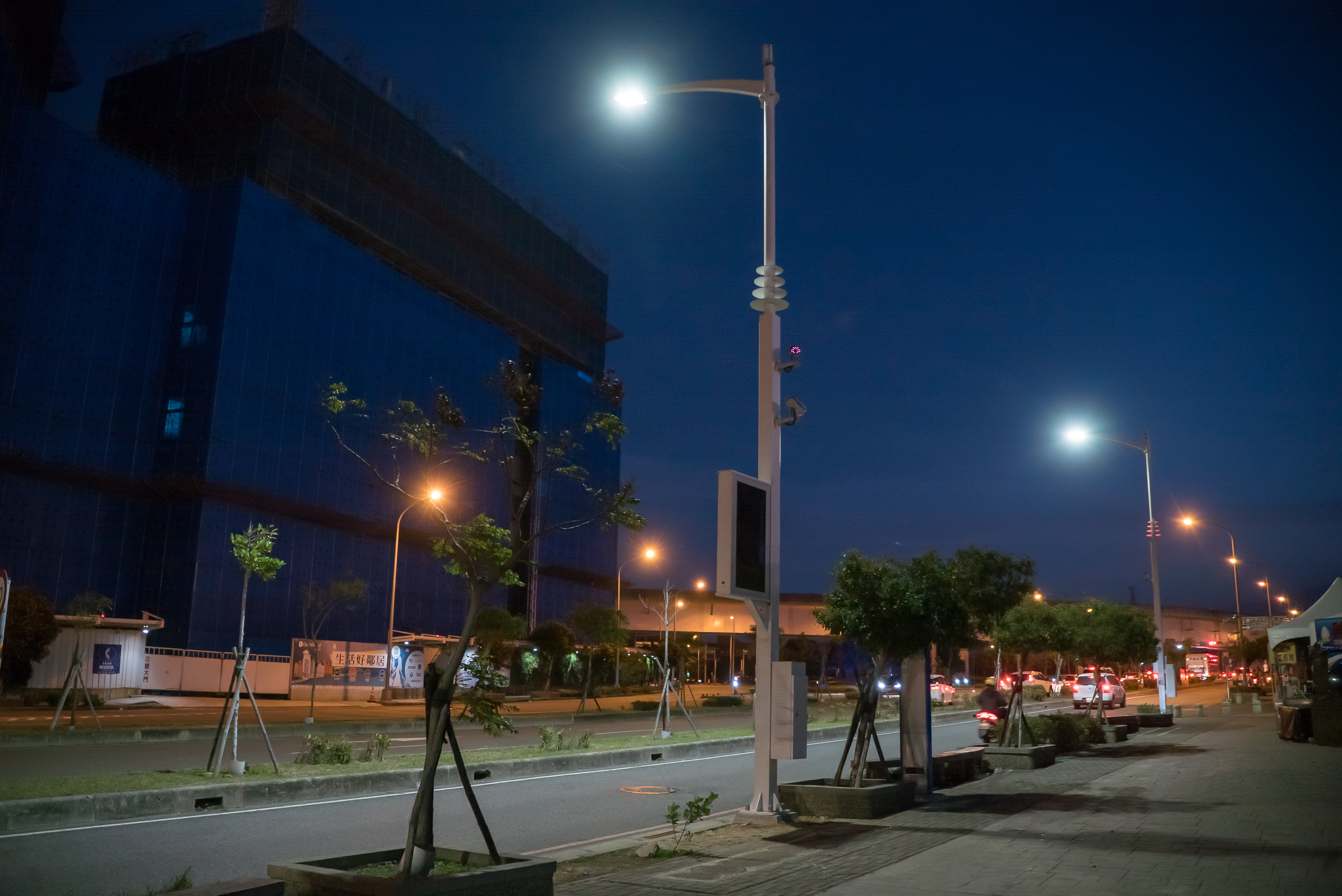
Delta’s smart LED street lights not only boast energy saving advantages, but also can integrate traffic transportation security and monitoring solutions, which continuously improve the satisfaction of all parties.
High efficiency and large shipment volume, Delta’s computer and network power supplies saved more than 3.3 billion kWh of electricity in 2022
Among the product energy saving assurance data published in Delta’s ESG report, the energy saving amount of computer and network power supplies is quite considerable every year. The energy saving amount in 2022 was 3.39 billion kWh, accounting for more than 80% of the total energy saving amount of 11 assured products. In addition to the efforts of the R&D team to continuously improve the energy efficiency of products, including the development of the world’s first server power supply that meets the 80 PLUS titanium level and has an efficiency of up to 96%, it also reflects the application trend of AI servers. The customer’s affirmation and support for related products continue to increase the shipment volume, further expanding the carbon reduction impact of Delta’s energy-saving products.
In 2023, the World Business Council for Sustainable Development (WBCSD) published the Guidance on Avoided Emissions, which provides a standardized process to define the energy saving and carbon reduction benchmark, and enhances the credibility of the calculation results with an open and clear methodology, which is in line with Delta’s concept of introducing assurance for product energy saving. In the future, Delta will follow this guidance to optimize the energy saving calculation methodology, continue to assure the product energy saving data with ISAE 3000 as well ascalculate the avoided emissions of products to keep up with the international trend and to demonstrate Delta’s energy saving core value and concrete actions towards the net zero goal.
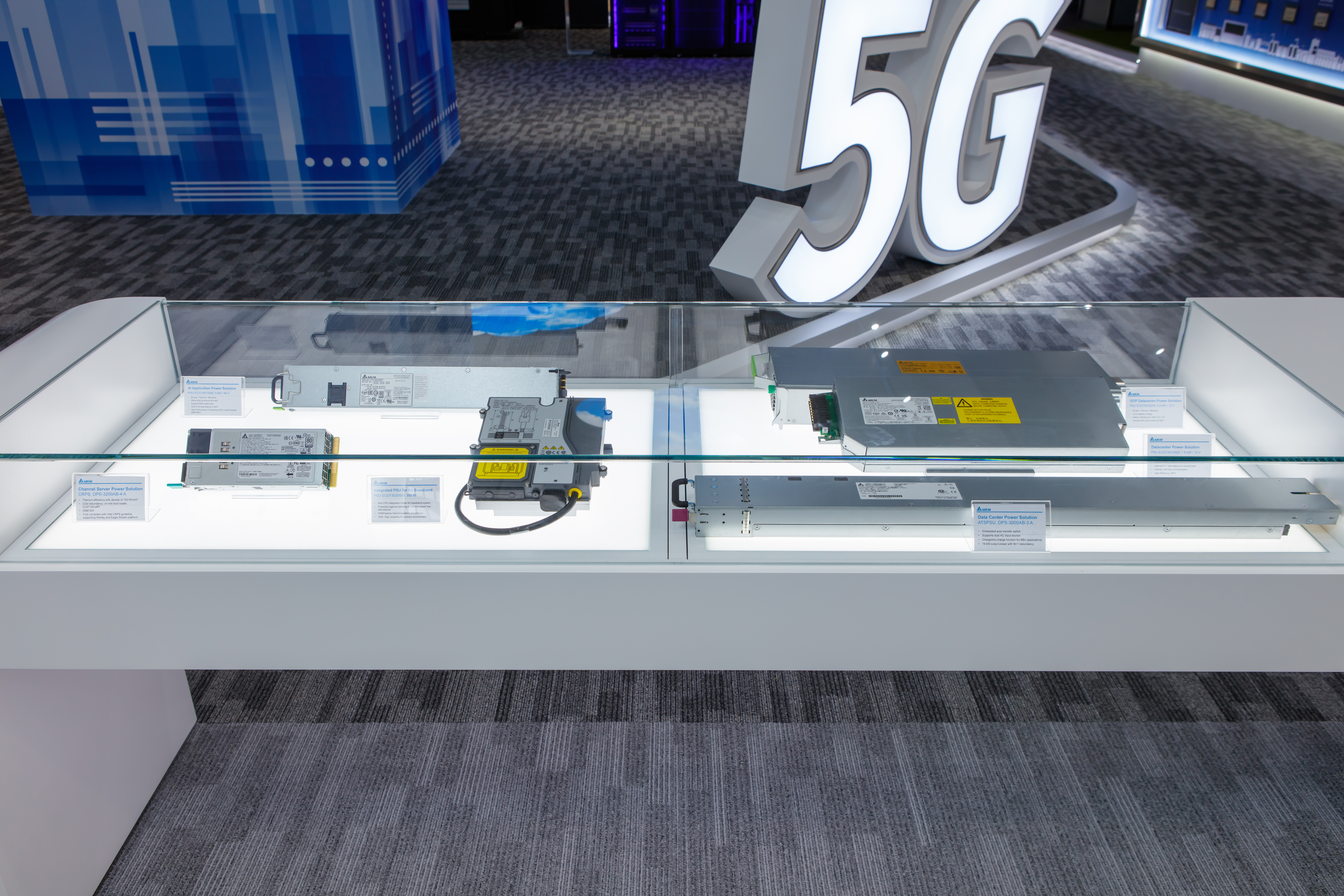
Delta’s computer and network power supplies saved 3.39 billion kWh of electricity in 2022, accounting for more than 80% of the total electricity saving amount of 11 assured products.
Note 1: Delta has completed the inventory of carbon emissions of all categories (15 items) of Scope 3 in 2022, and the total emissions account for 97% of Delta’s overall carbon emissions. Among them, “purchasedgoods and services” and “use of sold products” account for more than 80% of the carbon emissions of Scope 3.
Note 2: For Delta’s product energy saving benefits and calculation methods, please refer to Delta’s 2022 Sustainability Report(Ch 5.6.4 & Ch 7.4)https://filecenter.deltaww.com/about/download/2022_Delta_ESG_Report_EN.pdf
















